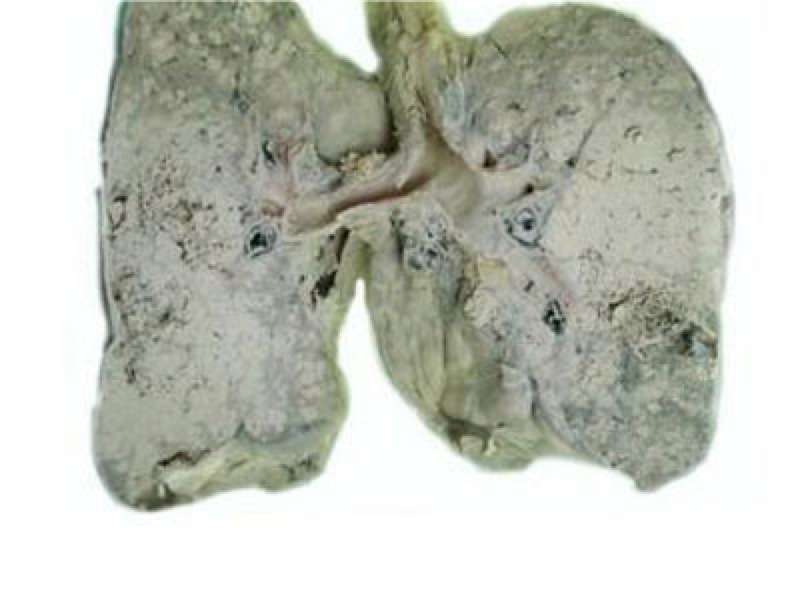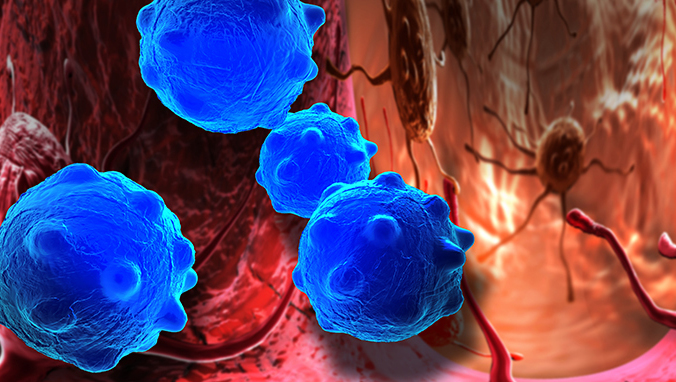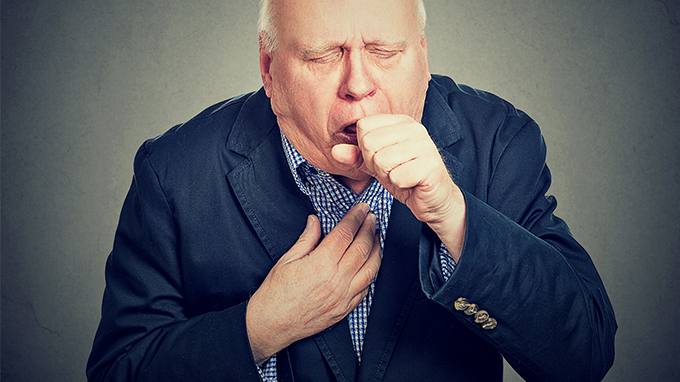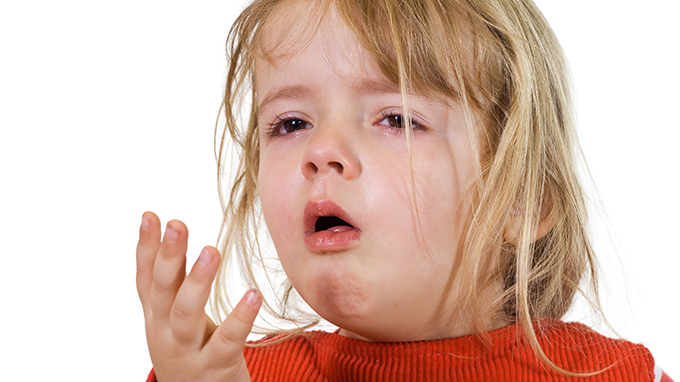The atypical symptoms of children with allergic rhinitis
Allergic rhinitis is an extremely common chronic nasal mucosal congestion in children. It is generally seen after 2 years of age in children. The main clinical symptoms are nasal itching, sneezing, runny nose, nasal congestion, nasal discharge, and sudden cough at night. Unlike colds, allergic rhinitis usually occurs when the weather changes, gets up in the morning, or when there is dust in the air. However, this phenomenon usually lasts only 10 to 20 minutes and may occur intermittently throughout the day. If these children merge If you have a history of skin allergies or asthma, writers should pay special attention.

Children’s allergic rhinitis is a type of Very common diseases, the incidence of which is different around the world, in our country, the average incidence of allergic rhinitis is 10-15%. As children age, the incidence rate is gradually increasing. Children can have symptoms of allergic rhinitis at about 1 year of age, and by 6 years of age, this symptom will be significantly enhanced, and patients with 40% can make a diagnosis at this time.
When I went to the clinic, I often saw children with rhinitis. Whenever I talk to my parents about my child''s rhinitis, many parents think that only a long runny nose is called rhinitis.
In fact, the symptoms of rhinitis in children are not as simple as parents think. There are many types of rhinitis. Different rhinitis has different symptoms. There are many atypical symptoms of rhinitis in children. Below, I will talk about some popular science knowledge about the most common allergic rhinitis in children. I want to thank my teacher for letting me learn so much knowledge.
Allergic rhinitis in children is a common disease in children. In addition to the long-term runny nose, itchy nose, stuffy nose, sneezing, etc. seen by parents, there are many less-known atypical symptoms.
Bleeding nose
At the junction of spring and summer, a large part of the child’s nosebleeds is caused by allergic rhinitis attack caused by itchy nose. Allergic rhinitis, inflammation invades the local mucosa of the nasal cavity, resulting in increased brittleness of the capillaries, and in the air-conditioned room is relatively dry, children rubbing the nose leads to erosion of the mucosa at the front end of the nasal cavity, and the capillaries are exposed. After drying, the blood vessels dry or bleed easily after collision. The blood vessels in the nasal cavity are abundant, and the capillaries in the nasal cavity of children are originally weaker than adults, and they are more prone to nosebleeds. The Little’s area of the nasal cavity is the most common area of nosebleeds in children. Dark circles
When it comes to dark circles, most people think that the appearance of dark circles in children is related to liver and kidney disease, lack of sleep or malnutrition. The fact may be beyond the expectation of many people. The latest research proves that dark circles in children are highly related to allergic rhinitis. After the child suffers from allergic rhinitis, the long-term allergy causes the child''s turbinate hypertrophy, which will oppress the sphenopalatine venous plexus, which further leads to congestion of the eyelid veins and corner veins, so a gray-blue ring shadow appears under the orbit. Formed the dark circles we saw.
Clear your throat
Many parents find that children love to clear their throat or cough, especially when they get up early in the morning or when they lie down and sleep at night. It is because a lot of nasal mucus is produced after the nose becomes inflamed. Since the direction of the cilia in the nose swings toward the back of the nasal cavity, the nasal mucus will flow backward from the nose and throat, and even back into the glottis or trachea, unless the nasal mucus is large or relatively thin. Only then will it flow forward at the same time, so many children have been misdiagnosed for long-term cough, and parents always think that the child''s throat is inflamed.
Sleep is not honest
Many children are not honest in sleep, rolling all night, in addition to eating too much at night, poor digestion, many times, very It may be related to the inflammation of the nose. Inflammation of the nose will cause the nose to block and the breathing will not be smooth, so the child will keep rolling.
Snoring
If children''s rhinitis occurs repeatedly, it will cause adenoid hypertrophy behind the nose, which will hinder the smooth breathing of the airway, When the child opened his mouth to breathe, the airflow shook the uvula and soft palate through the pharyngeal cavity, so he snores.
"Fake cold"
If the child still does not get better after having a cold for more than 2 weeks, the child always coughs and the old feeling doesn’t get better. There may be allergic rhinitis. If the child has intermittent headaches, runny nose, low fever, etc., it is necessary to consider that the child has sinusitis, which is more difficult to treat.
Hyperactivity and tics
Many parents and even some doctors, seeing children with ADHD, tics, always simply put this as a child’s Mental illness. In fact, these children often have allergic rhinitis. The strange movements of the child''s eyebrows, rubbing the nose, clearing the throat and so on have a lot to do with nose allergies. At this time, blindly eating anti-hyperactive Western medicine, the effect is not only unsatisfactory, it may also cause harm to the child''s body. From the experience I have summed up in the cases I have treated, when the child''s allergic rhinitis is treated, the child''s tics and hyperactivity are reduced.
Bad breath
Some small children have bad breath, parents always think that the child has a bad spleen and stomach, and some are actually related to rhinitis, long-term rhinitis is not enough To control, it will cause sinusitis. Because the nasal congestion is impassable, the mouth breathes for a long time, which makes the mouth dry and loses the original cleaning effect of saliva; the purulent secretion produced by sinusitis flows to the mouth or throat, and will emit an unpleasant odor.
Often abdominal pain
In the clinic, I often see some children who have repeated abdominal pain around the stomach, do a lot of examinations, and finally only find that "the mesenteric lymph nodes are large "In this case, many people may think whether the child has rhinitis. Mesenteric lymphadenitis is often associated with repeated colds. If you do not pay attention to allergic rhinitis, it will recur repeatedly and induce a cold, so the lymph nodes will repeatedly proliferate, causing pain.
High fever does not retreat
Children have high fever as soon as they have a fever, often exceeding 40 degrees, and many children have fever convulsions. Be careful of the presence of sinusitis in children. Because children have a large sinus ostium, incompletely developed gasification of the sinus cavity, stenosis of the nasal cavity and nasal passages, the mucosa is connected to the nasal cavity, and the blood vessels and lymphatic vessels in the mucosa are rich. Infection is likely to cause nasal sinus drainage and air dysfunction, secretion retention, resulting in Germ propagation. The position of the sinuses is deep. After infection, the infection is not easy to control. After oral administration, the concentration of the drug entering the sinuses is not enough. This is why many children have poor oral antibiotics. Infusions are necessary to reduce the fever.
Constipation
Many children with allergic rhinitis have constipation at the same time, eat a lot of medicine, eat a lot of water, and still have poor results. In fact, the root cause is caused by allergies.
has said so much, parents should know more about the children''s rhinitis. I hope my article will not introduce you to another misunderstanding. What I want to say is that the human body is a whole, and never forget this. Nowadays, the divisions of departments in large hospitals are getting smaller and smaller. If you only have headaches and feet, you will often help doctors misdiagnose.
Whether the child really has rhinitis can not be judged simply from the symptoms I said, parents must take the child to the hospital for special examination. The doctor will give you a correct diagnosis with the help of instruments such as rhinoscopy and endoscope, combined with the child''s specific situation.
Related Articles

- Early symptoms of lung cancer
- 2020-12-17

- Symptoms of rhinorrhea
- 2020-12-17

- First-line chemotherapy for squamous cell carcinoma
- Squamous cell carcinoma is abbreviated as squamous cell carcinoma, also known as epidermal carcinoma. It is a malignant tumor that occurs in epidermal or accessory organ cells. Cancer cells
- 2020-08-02

- Dietary coup for winter cough
- The winter in the north is quick to say. When the northwest wind blows down the last autumn leaf, the dry winter begins. The most common health problems in winter are upper respiratory trac
- 2020-08-02

- Get rid of asthma freely (1)
- Asthma is one of the most common chronic respiratory diseases worldwide, and the incidence is increasing year by year, especially among children. Due to various reasons, in our country, esp
- 2020-08-02

- Get rid of asthma freely (2)
- Basic articles 1. How to detect pediatric asthma early
- 2020-08-02
